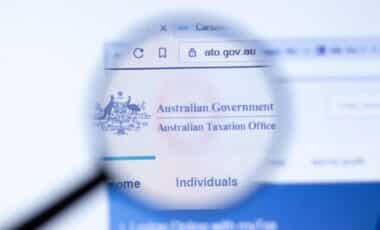In a bid to improve fiscal fairness, the Australian government is introducing significant changes to the superannuation system. As of July 1, 2025, the government will impose a new 30% tax on earnings from super balances exceeding $3 million.
This reform is designed to address the growing inequality within the superannuation system, where the wealthy disproportionately benefit from tax breaks, according to government officials. The move follows the recent victory of the Labour Party and aims to generate $40 billion over the next decade.
This will contribute to funding essential services such as aged care and healthcare. While most Australians are unlikely to be affected, the wealthiest retirees are set to bear the brunt of the change.
Changes to Tax on Superannuation Balances
One of the most notable aspects of the superannuation reform is the introduction of a 30% tax on earnings from super balances exceeding $3 million. According to Treasurer Jim Chalmers, this change will help restore fairness to the system, as many Australians retire with far less than the super-rich.
Under the new rules, only the portion of the balance above $3 million will be taxed at the higher rate, with the standard 15% tax on investment earnings remaining intact for all super balances below this threshold.
This new tax will impact around 80,000 Australians, mostly those who have accumulated significant wealth in their super accounts.
These individuals, many of whom have relied on tax concessions in the superannuation system, will now face higher taxes on their earnings. The government hopes to raise $2.7 billion annually from this measure, which is expected to help fund critical services like healthcare and aged care.
Implications for High-Balance Super Accounts
While the tax changes mainly target high-balance super account holders, they also affect defined benefit pensioners, such as retired public servants. These individuals will face the new 30% tax on their superannuation earnings as well, although they can defer payments until they access their benefits.
Critics have raised concerns about the tax’s impact on unrealised capital gains, which could affect those with illiquid assets such as property or private shares. According to financial experts, the lack of inflation indexing for the $3 million threshold may result in more Australians, including younger workers, falling into the higher tax bracket over time.
Although younger Australians are unlikely to see immediate effects, there is growing concern about the long-term consequences of these reforms.









